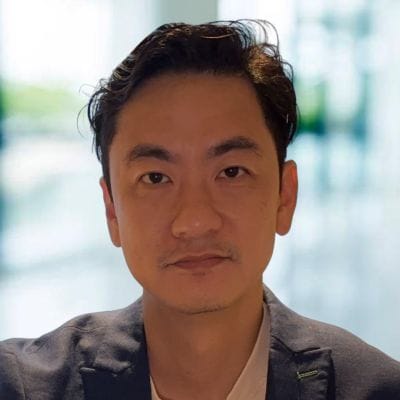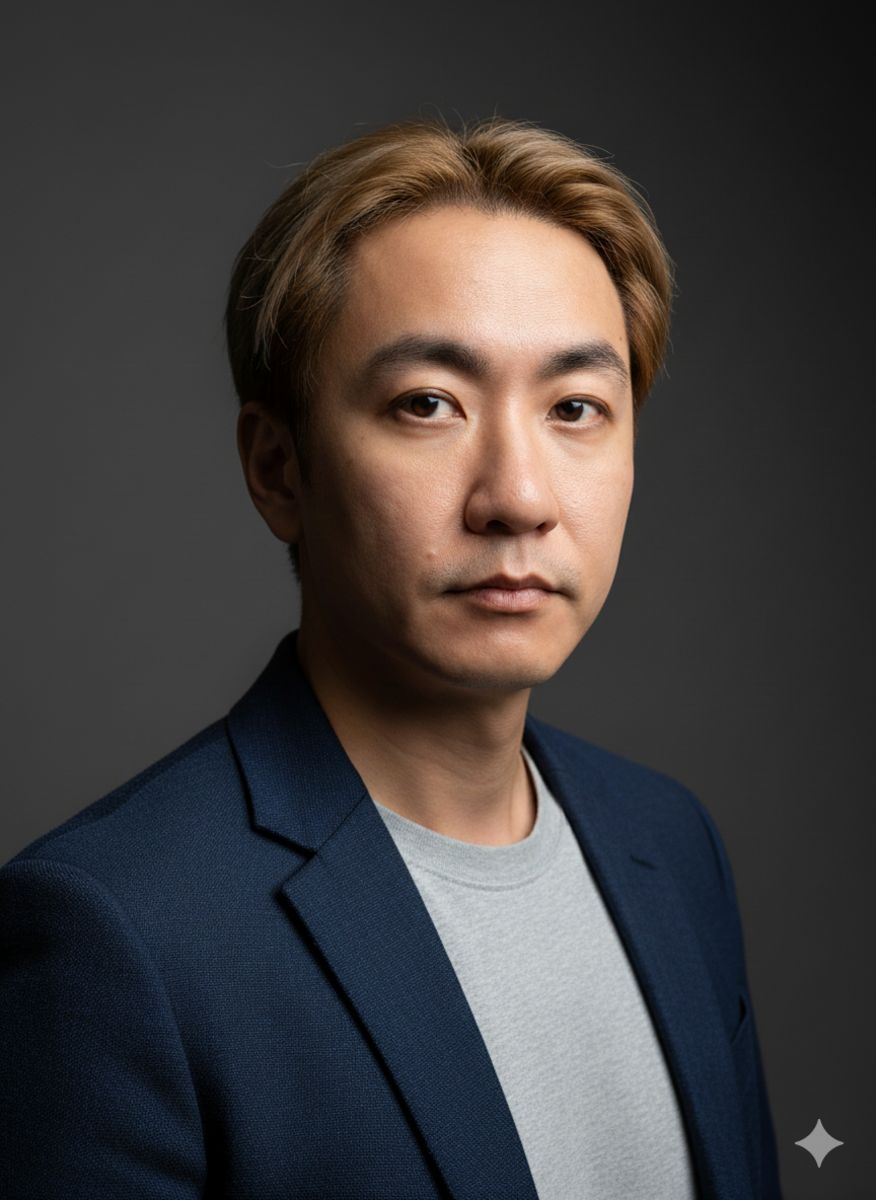During my time at an outplacement centre, I learned that teaching old dogs new tricks isn't the real challenge—it's getting them to forget the old ones first.
Many of our clients were seasoned professionals in their 40s and beyond. Some had held the same position since Lee Kuan Yew was still Prime Minister. But markets evolved, the iron rice bowl cracked, and they found themselves navigating their first layoff—which is how they ended up with us.
This issue is brought to you by O.C. Tanner
Workplace Reality Check: The Numbers Edition 📊
Fresh O.C. Tanner research serves uncomfortable truths about why good people keep leaving good companies.
By the numbers:
• 38,000+ employees surveyed across 24 countries
• 84% not thriving at work (culture problems, not benefit problems)
• 56% know someone who quit because of RTO policies
The disconnect: Companies spend millions on recruitment while their culture repels talent. Meanwhile, competitors with “worse” benefits become talent magnets.
What’s happening: AI revolution has arrived, but cultures haven’t. Middle managers drown guiding teams through changes they don’t understand.
Gen Z factor: Now the largest workforce generation, demanding workplaces that don’t require bathroom crying sessions.
The solution: Stop guessing what employees want. Start using actual data.
Deep-dive webinar Sept 16th (11 AM SGT), organised by O.C. Tanner, for evidence-based culture strategies.
Translation: Your culture assumptions might be expensive fiction.
Our bootcamp-style program covered the essentials: resume writing, interview skills, and networking strategies. These were modern techniques designed to meet the expectations of today's job market. We ran these programs repeatedly because they worked, and we needed to accommodate the steady stream of people entering our system.
But at every session, we encountered the same phenomenon: the detractors. Like that student in secondary school who challenged the teacher just because they could, these participants pushed back at every turn. They questioned everything we taught, dismissed the logic behind every lesson, and—perhaps to cement their authority—dropped names of people they knew or had studied with. Lee Hsien Loong and Ho Ching were frequent mentions.
At first, I tried harder to convince them. I wanted to disarm their defences so they could open themselves to learning something that might actually help them re-enter the job market. But after countless attempts, I realised the futility.
Their armour was too thick. It had been worn so long that it had fused with their identity, and rust had set in.
That's when it hit me: before someone can truly learn, they must first unlearn.
The Lies We Were Taught
Let me take you back to my secondary school days in the 1990s. Back then, we were taught:
Passive Learning as Standard: The education system emphasised rote memorisation over critical thinking. Questioning was discouraged, creating a "spoon-feeding" culture. Today's emphasis on inquiry-based learning would have seemed revolutionary.
Scientific "Facts" That Weren't: We learned about tongue taste zones—sweet, salty, sour, and bitter in specific areas. Science has since debunked this; all taste buds detect multiple flavours.
Harmful Misconceptions: Biology classes sometimes included claims like "masturbation makes you stupid"—assertions that have been thoroughly refuted.
Incomplete Health Information: We were told that water alone could kill germs on our hands. Current science emphasises the crucial role of soap in effective hand hygiene.
Financial Naivety: Financial literacy was reduced to simple "save, save, save" messaging. Concepts like inflation and investment were ignored, leaving many Singaporeans unprepared for broader economic realities and missing opportunities.
But the ultimate lie we were sold?
Study hard, get your qualifications, and your career will take care of itself.
Nothing could be further from the truth today.
Dropping the Dead Weight
Now that we know our compass has been lying to us, we need to course-correct. But before we can turn our ship around, we must drop the dead weight—because the world now moves faster than the speed of thought.
What weight am I talking about?
The weight of outdated knowledge that no longer serves you. The weight of expectations that no longer apply (like the shame of admitting you've been retrenched). The weight of other people's judgments and how they see you (stop scrolling through their Instagram highlight reels—they're going through tough times too, trapped by the same outdated thinking).
Only when you've released this burden can your mind become a sponge again, ready to absorb new learning and chart a path forward.
The hardest part of growth isn't learning something new—it's having the courage to admit that what you once knew for certain might now be wrong.

🧰 Things I’m Testing
Oboe is an AI-powered learning platform from Anchor's founders. I'm genuinely impressed by its ability to generate personalised courses in under 10 seconds with surprisingly high-quality content spanning reading, audio, and interactive elements. While it won't replace deep technical training, Oboe excels at rapid upskilling, onboarding, and just-in-time learning with a clean interface that respects your time and bite-sized content that actually works. Here is a course I created on Emojis.


Adrian Tan
Say hi 👋 on LinkedIn
WHENEVER YOU'RE READY, HERE ARE 3 WAYS I CAN HELP YOU:
No More Bosses - My book on the journey to sustainable self-employment
Fractional Marketing Lead for HR Tech Vendors - Looking to scale? Leverage my expertise in driving marketing strategies and business growth.
Promote to my 16,000+ subscribers by sponsoring my newsletter.

Want to ruin my day? No problem! Unsubscribe below.
Do you want to share your journey or have feedback? Just hit reply - I'd love to hear from you!



